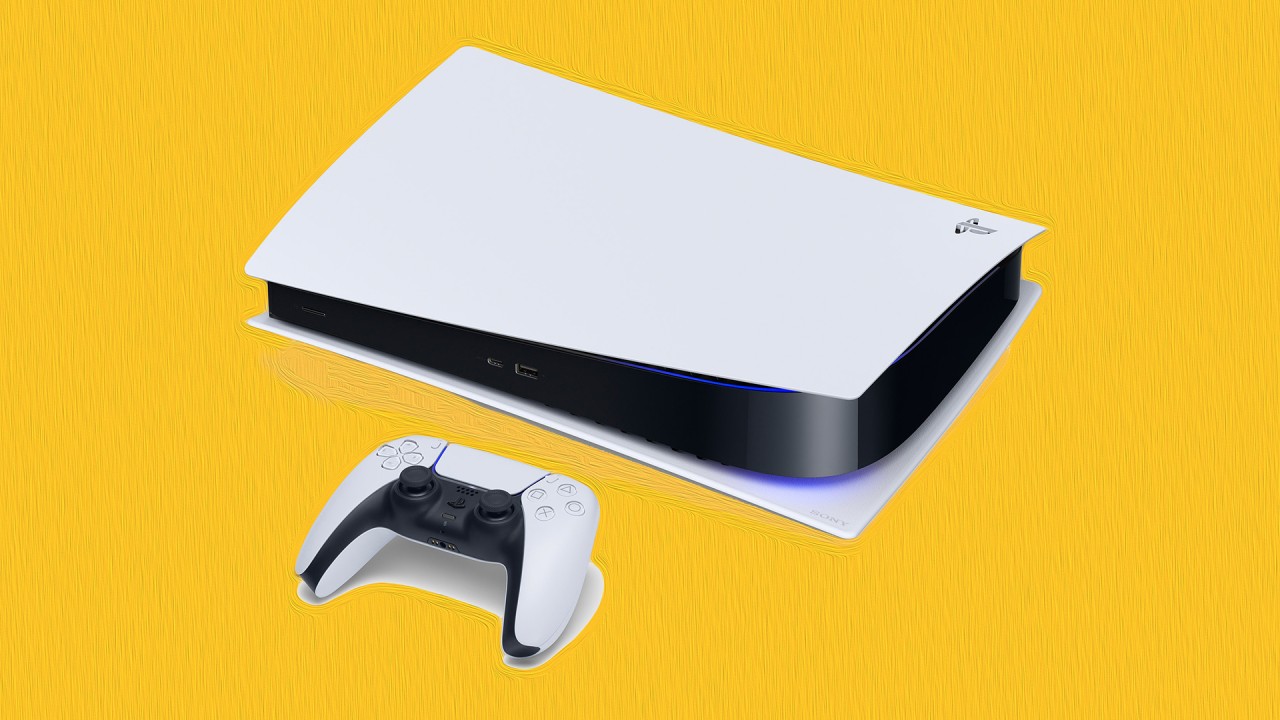
Nintendo Switch, Sony’s PlayStation and Microsoft’s Xbox consoles vanish from Chinese e-commerce platforms amid smuggling crackdown
- Online and offline vendors have closed or removed listings for many imported consoles and games amid a new smuggling crackdown this week
- Chinese gamers have long turned to the grey market hardware to buy censored games or new consoles like the PlayStation 5 and Xbox Series X
Video games and consoles – including Sony’s PlayStation, Microsoft’s Xbox and the Nintendo Switch – have been vanishing from online and offline stores in China this week after dozens of arrests resulting from a fresh crackdown on smuggling, which has long been a popular method of playing games not officially for sale in the country.
The Public Security Department of Guangdong Province said on Monday that it had arrested 54 parallel importers and seized 78 million yuan (US$11.9 million) worth of allegedly smuggled game consoles from Nintendo, Sony and Microsoft, according to the National Anti-Smuggling Bureau’s official Weibo account on Friday.
The post said the total value of goods smuggled by the suspects since 2018 was 3.38 billion yuan, amounting to 389 million yuan in alleged tax evasion.
“This is a special operation targeting the smuggling of overseas versions of game consoles, and the case value is significant,” said Wu Guoxiong, director of Shenzhen-based Guanghe Law Firm’s customs law committee. “There have been occasional cases of smuggling game consoles by parallel importers in recent years, but relatively small.”

Tax evasion will be an important factor in penalising console smugglers, with those who evaded more than 2.5 million yuan in taxes possibly facing a minimum of 10 years in prison, Wu added.
Since the arrests, listings on online and offline stores have been rapidly vanishing with vendors giving different reasons.
One of the bigger online sellers said on its Taobao store that delivery would be temporarily suspended because a leak had led to power failure and damaged some of its goods. It removed all of its product listings this week, including those for game hardware and software.
Some vendors cited by Chinese media outlet Jiemian.com said they took down their listings specifically to avoid attention from law enforcement.
Bricks-and-mortar shops have not been left unscathed. Some gaming shops in Huaqiangbei, the world’s largest electronics market located in the southern tech hub of Shenzhen, were closed on Thursday. One vendor who remained open said about a dozen gaming outlets in Wanshang Electronics Mall had closed over the last few days for “inspection”.
The problem with domestic consoles is that they are typically hamstrung by limited game selection and modified content, which sometimes involves removing content that censors consider objectionable.
Sony, Microsoft, Nintendo, Tencent and Alibaba did not respond to requests for comment on Friday.
The disappearing consoles were a trending topic on microblogging platform Weibo this week, reaching more than 140 million views and 100,000 discussions by Friday.
“I was going to buy [a Nintendo Switch] for my own birthday, and now they’re all gone,” a Weibo user named Tianxiantonglubaobao posted with an accompanying screengrab showing disabled links to the consoles in a Taobao shopping cart.
Others sought to shame people trying to get cheaper consoles from overseas. “Legal e-commerce stores are still up and running with overseas versions of the consoles, and we should know that paying taxes in accordance with the law is the obligation of every citizen,” Weibo user Ningmengmujutang wrote.
While consoles remain a small part of China’s gaming market, in part because of the long ban, they have been gaining momentum since legalisation. Sales of both legal and grey market consoles and related games are expected to grow from US$997 million in 2019 to US$2.15 billion by 2024, according to data from market research firm Niko Partners.
By comparison, Niko put China’s total gaming revenues at nearly US$40 billion in 2020, with 720 million players, making it the world’s largest gaming market.


